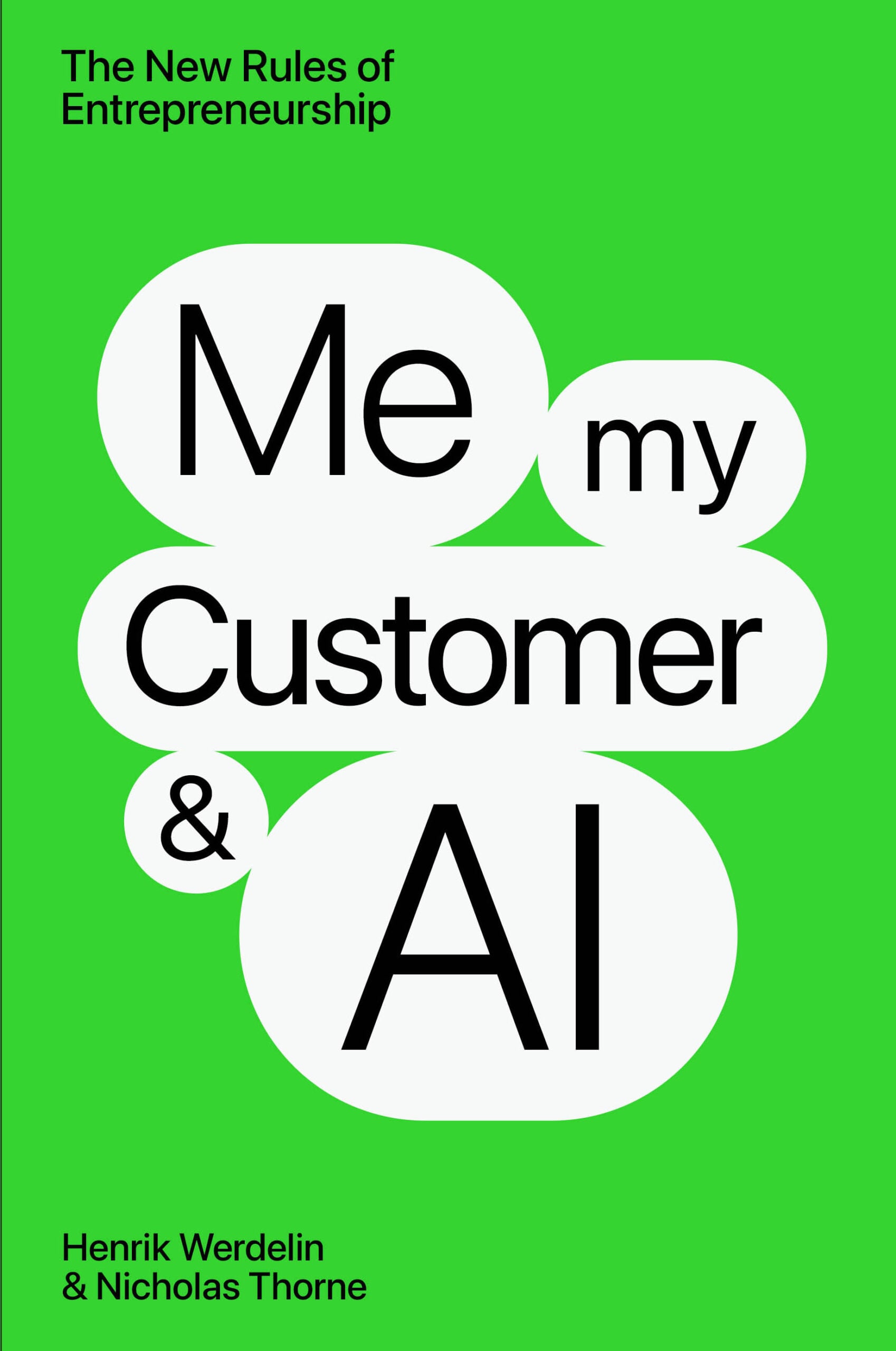As far as the impact on India goes, I’m sorry to say I don’t think India is very high on Trump’s list of priorities at this upcoming talk in Alaska. From his perspective — if I try to think the way he does — he is a person who bears grudges, let’s face it. If he feels that India has not done enough to pressure Russia to come to the table, he might hold that grudge and it might impact the tariff talks. I really don’t know if he feels that way or not; we will just have to wait and see. Of course, Prime Minister Modi did call Putin last week, and he called Volodymyr Zelenskyy, the Ukrainian president, this week. So maybe India is helping. And of course, India has historically been a non-aligned country, so it is not India’s foreign policy to strongly side in these sorts of situations. But unfortunately, I don’t think Trump looks at it that way.
What I really wanted to ask you is your take on emerging markets, given that the dollar has been falling and the dollar index now looks favorable for some fund flows into emerging markets. That has not exactly been the case, especially when it comes to India. Our FII flows have been negative, and we are not seeing strength on this front. Do you think emerging markets may now look attractive given the fall we have seen in the dollar?Mark Matthews: I do. Emerging markets have been, as you know, big underperformers for many years — well over a decade — and what that means is they are under-owned by both foreigners and their own domestic investor bases. India is an exception because it has actually performed well over the last 10-15 years, and the domestic investor base has been an active participant in the market, which means it is actually kind of expensive, to put it bluntly. You can’t say that for most other emerging markets — they are genuinely cheap. Emerging markets will continue to enjoy the positive tailwind they are currently experiencing, partly due to the weakness in the dollar, which means their currencies look more stable and tend to attract capital. Many of them actually have quite good stories. For example, Egypt has done a lot of reforms; they are allowing their currency to trade at market prices and are selling off state-owned enterprises. As an example, Egypt trades at around four times price to earnings because it has been in the doldrums for many years. Now, we cannot say that about India — it’s on about 20 times price to earnings. So, it’s a little different from most of the emerging market asset class.Though I often wonder whether all this is just a tactical move — investors weaning out of US equity markets and deploying that money into emerging markets. Is it just a wait-and-watch approach right now until there is complete clarity on tariffs?Mark Matthews: No, I think the markets believe that tariffs will not be an issue for the US or world economy; otherwise, share prices wouldn’t be where they are. So people are not waiting and watching; they are actively buying. India, obviously, foreigners have not been buying. I’m not entirely sure why, to be honest — outflows have been so big this year. But the good news is domestic investors have been very willing buyers, so while it’s not a great market this year, the benchmark Nifty is only flat, not negative.I’m going through some of your sectoral views, and banks continue to remain your preferred pick, especially the larger ones. What is your take on banks right now? Because if you look at Q1 earnings, barring one or two banks, we haven’t seen any beats or positive surprises. So how are you weighing this sector in your total portfolio?Mark Matthews: We are quite selective in the sector. I don’t think I can name names on television, but we really are stock pickers in the sector. Generally speaking, banks are the heart of any economy, including India’s. If you think the economy is doing well, banks should benefit. In India, there are big tax cuts from the budget that should flow through into the economy. The caution RBI placed last year on banks extending new credit — because the loan-to-deposit ratio was rising quite quickly over previous years — has reversed. RBI has cut rates by 100 basis points over the last five months, and we have the festive season coming up. All of these should support good economic growth, and banks would be a proxy for that.
We’ve also seen a big shift toward AI, and Indian IT services have been pegged back as the technology transition is playing out. Having said that, diverging from IT services — since India doesn’t manufacture products like Apple or Nvidia counterparts yet — what other emerging sectors look interesting, if any?Mark Matthews: Apart from IT and banks, the hospitality sector looks very interesting in India. With a rising middle class, intuitively people will take more holidays, want to stay in nice hotels, and go to nice restaurants. So that’s one.























